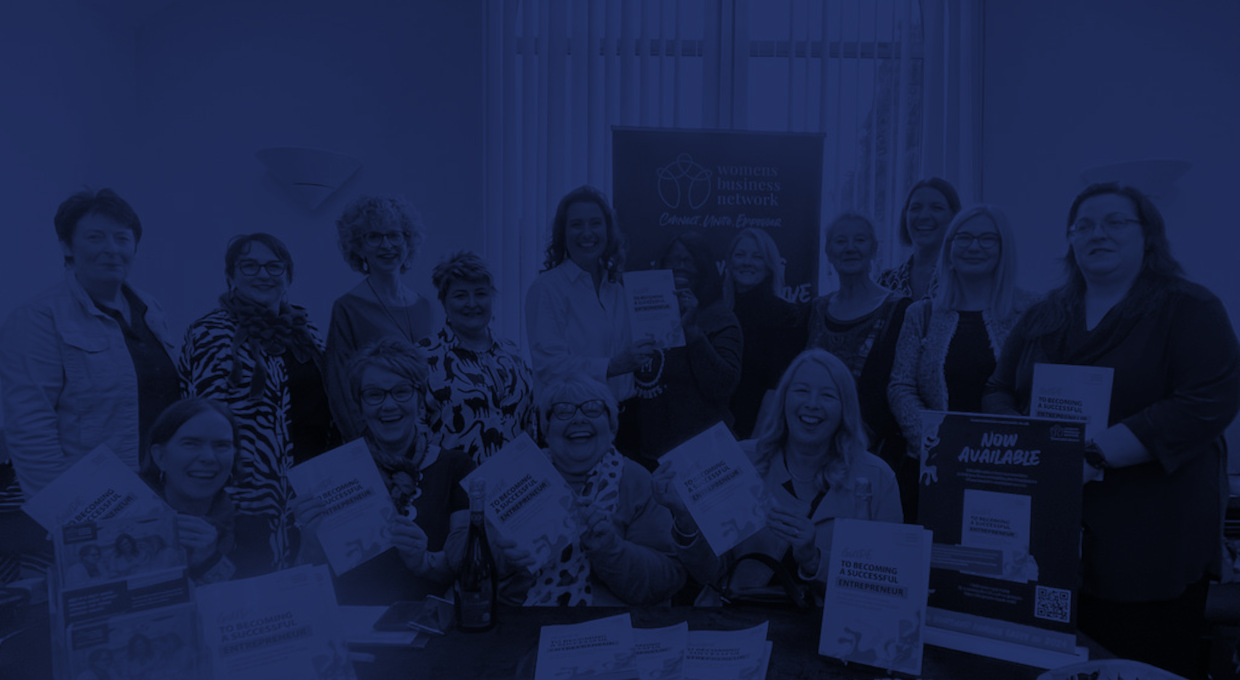Our founder Sharon Louca will be our Guest Speaker at our WBN Meeting on Thursday 26th September she will be holding an interactive session where we will be looking at what you can do as a solopreneur to stabilise your business foundations. So when you are ready for growth and expansion you are confident that your busy can hit the ground running when you want to outsource tasks in your business or build a team.
We will explore how adopting some principles of the ISO9001 Quality Standard can enhance the way you run your business, ensure your customers are happy and put in place the foundations required for ongoing stability and growth.
 What is ISO9001?
What is ISO9001?
ISO standards are developed by the International Organisation for Standardisation (ISO), a global entity that sets benchmarks for quality, safety, and efficiency. These standards ensure that businesses operate consistently, build trust with customers, and maintain reliability. There are over 25,000 standards covering modern day management, manufacturing and technology. The most common ISO standards being quality management, environmental management, health and safety, information security, and food safety.
Do Solopreneurs Need ISO Standards?
As solopreneurs, the idea of implementing an internationally recognized quality standard, may seem irrelevant. However, there is a wealth of knowledge and best practices within ISO9001 that can be incredibly beneficial for small businesses and solopreneurs.
While small businesses might not need formal ISO certification, understanding and integrating some of these principles can significantly improve your business. ISO9001 focuses on quality management and customer satisfaction, which are crucial for any business, regardless of size.
Key Lessons from ISO9001
For Sharon’s talk she will focus on 5 key areas of the standard, however the complete standard demonstrates the core measures businesses should have in place for consistent growth.
The 5 areas we will be covering will get us thinking about the following:
-
Risk Management
 Every business faces risks, but identifying and managing these risks can prevent them from becoming major issues. As a solopreneur, you are the backbone of your business, so consider what would happen if you were suddenly unable to work due to illness or an accident. Have you thought about the following?
Every business faces risks, but identifying and managing these risks can prevent them from becoming major issues. As a solopreneur, you are the backbone of your business, so consider what would happen if you were suddenly unable to work due to illness or an accident. Have you thought about the following?
- Insurance: Do you have insurance to cover sickness or loss of earnings?
- Contingency Plans: Who would look after your clients in your absence? Could your business survive without you?
- Clients: Do you rely heavily on certain clients to guarantee your monthly income?
- Data Security: what do you have in place to protect your data and others?
- Climate Risks: Have you consider the impact climate change could have on your business in the future?
-
Processes & Ways of Working
How can you ensure that every client receives the same high standard of service from you?
We will look at how documenting your business processes can significantly improve efficiency and consistency. We will be discussing how you handle tasks from start to finish in:
- Enquiry Handling
- Service Delivery
- Documentation
Think back to when we talked about risk earlier. If something happened to you and you are the only person in your business, you may have someone who can help but will they know what to do or how you work? Will they be able to offer the same high standards that you do?
-
Customer Focus
Your customers are the heart of your business. Ensuring their satisfaction should be your top priority. Do you keep your customer at the centre of everything you do and do you:
- Set clear expectations
- Ensure you meet any legal or regulatory requirements for your industry
- Offer a consistent service to every customer
- Ask for Feedback
4. Performance Evaluation
 Regularly evaluating your performance helps you understand what’s working and what needs improvement. Key areas to monitor include:
Regularly evaluating your performance helps you understand what’s working and what needs improvement. Key areas to monitor include:
- Marketing effectiveness
- Website performance
- Social Media analytics
- Business metrics – sales, costs etc
- Focus areas – key areas important to you
-
Continual Improvement
Continuous improvement is a core principle of ISO9001. It involves constantly seeking ways to enhance your business processes and customer satisfaction. We will be discussing:
- Learning from mistakes
- Customer feedback
- Product analysis
- Staying curious
- Positive mindset
Conclusion
ISO9001 principles provide a solid foundation for any business, emphasizing preparation, consistency, customer focus, and continuous improvement. By adopting the practices we will be discussing, small businesses can ensure high-quality service, build customer trust, and stay competitive in their market. Implementing these strategies may not only improve your business operations, improve cashflow, reduce costs but also help you anticipate and navigate challenges effectively.
Sharon Louca has supported companies to implement, maintain and audit Quality management systems to ISO9001 since 2014. She now uses her knowledge and practical experience to support solopreneurs to strengthen their business foundations for stability and growth.
If you would like to know more about ISO9001 and its principles then book your place on our Womens Business Network Meeting on Thursday 26th September 1.00-2.30pm on Zoom. Alternatively book a free no obligation call with Sharon Louca https://calendly.com/sharon-louca-ltd/30min


